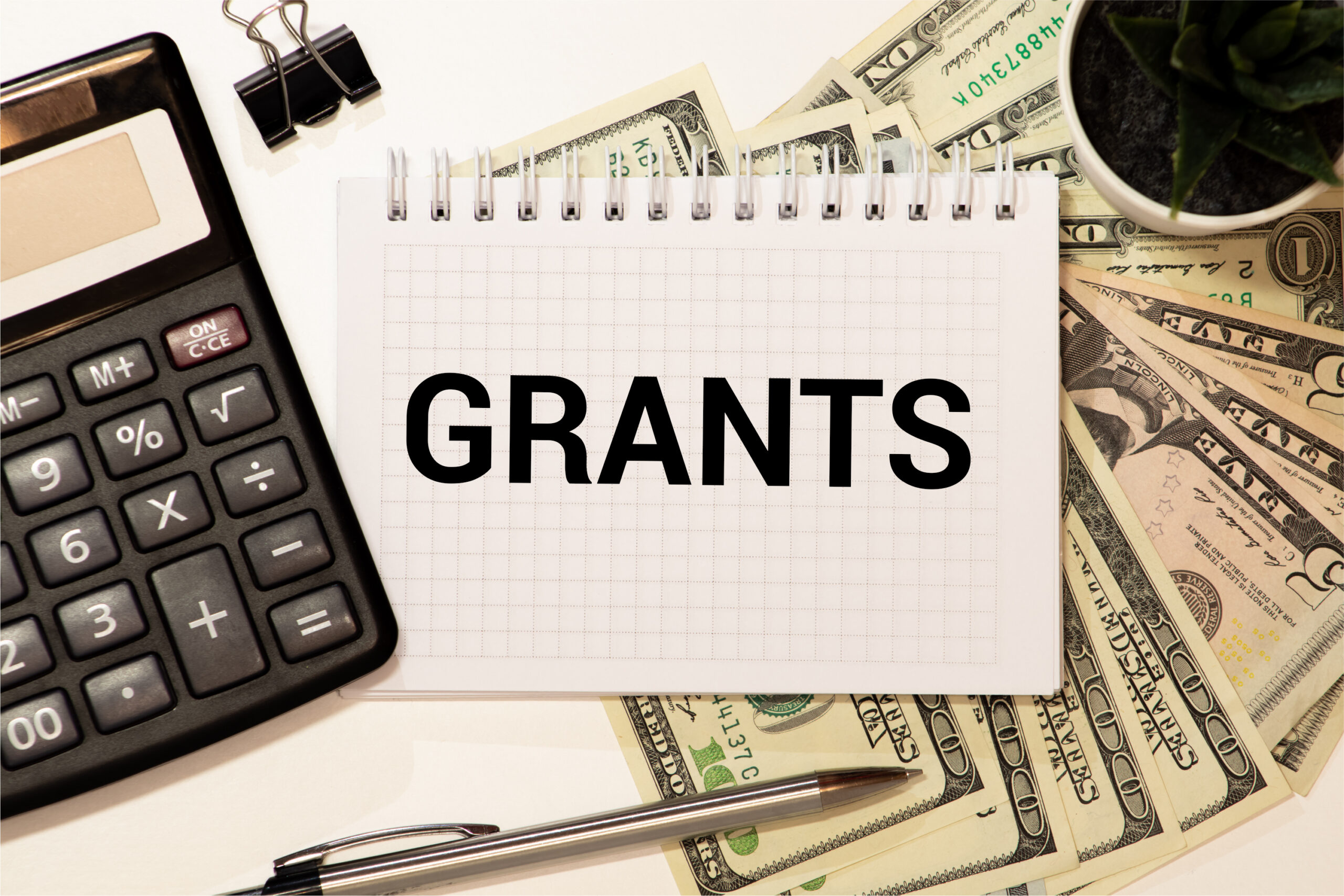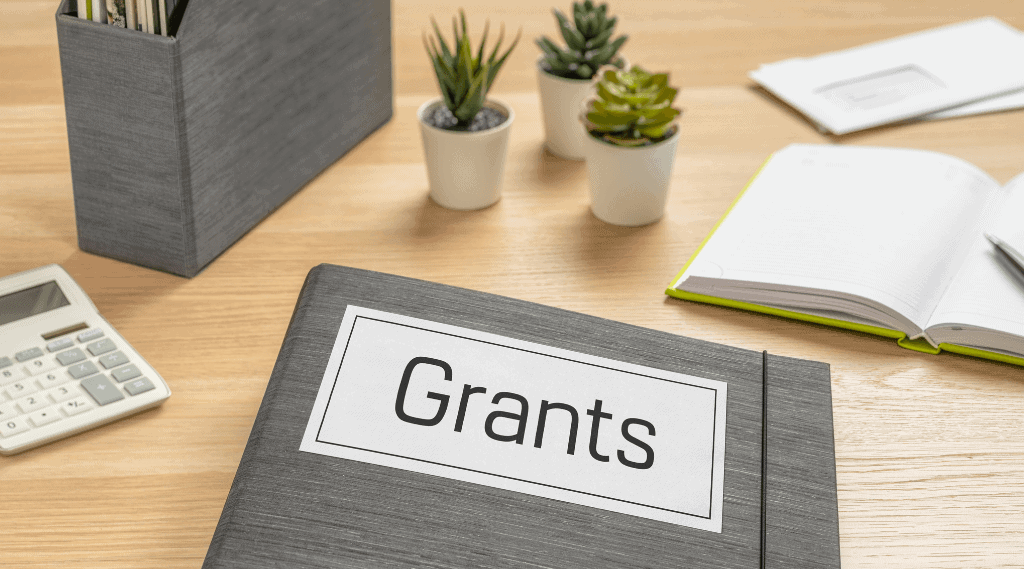Grant writing is an important skill that opens doors to funding opportunities for community projects, nonprofits, research, and much more.
I started exploring grant writing a few years ago and quickly realized that gaining hands-on experience can be a game-changer for your career.
In this post, I share my journey, practical tips, and useful resources to help you build your skills and confidence in grant writing.
Why Grant Writing Matters
Grant writing is more than just putting words on paper; it is about telling a story that convinces funders that a project is worth investing in.
Successful grant proposals can secure significant funding, sometimes amounting to millions of dollars, that can transform organizations and communities.
According to the Grant Professionals Association, the success rate for many grant proposals hovers around 20-30%, which shows how competitive the field can be. This means that every word you write and every piece of data you include matters a lot.
Just Before You Go
Empower individuals to overcome barriers, gain essential skills, and secure gainful employment through our proven programs—KeelMaster, KeelWings, and KeelMate. Your support can spark change and build brighter futures.
Donate NowThe art of grant writing requires clarity, research, and a passion for making ideas come to life. Each proposal is a chance to show potential funders that you not only understand the project but also have the plan and determination to see it through.
Learning grant writing can boost your career in nonprofit management, research administration, and even in government roles where securing funding is a vital part of the job.
Ways to Build Experience in Grant Writing
Building experience in grant writing can be a gradual process. I discovered several paths that helped me get started:
1. Volunteer Your Time
Many nonprofits and community organizations welcome volunteers who can help with grant proposals. Volunteering is a great way to learn the basics without the pressure of a paid position.
You can work on real projects and see how proposals are tailored to meet specific funding criteria. Consider reaching out to local organizations or using platforms like VolunteerMatch to find opportunities near you.
2. Take Online Courses and Workshops
Investing a bit of time in online courses or webinars can provide a strong foundation in grant writing. There are many free and paid options available.
Websites like GrantSpace by Candid and Coursera offer courses that cover the basics of proposal writing, budgeting, and the overall grant process.
These courses are designed to be accessible and practical, with exercises that allow you to practice as you learn.
3. Find Internships or Part-Time Roles
If you’re looking for hands-on experience, consider internships or part-time roles in organizations that rely on grants. Many nonprofits and educational institutions offer internships where you can shadow experienced grant writers and even contribute to writing proposals. This direct exposure can give you a real feel for the challenges and rewards of the field.
4. Practice on Your Own
Even if you don’t have a formal role, you can practice by writing sample proposals. Pick a project idea you care about and draft a proposal as if you were seeking funding.
This exercise helps you understand the structure, tone, and details needed in a successful grant proposal. You might even ask for feedback from professionals or mentors in the field.
5. Network with Professionals
Building relationships with experienced grant writers can be incredibly valuable. Join local or online groups dedicated to grant writing.
Networking events, LinkedIn groups, and professional associations like the Grant Professionals Association provide platforms to exchange tips, ask questions, and learn from others’ experiences.
Often, these connections lead to mentoring opportunities or job leads that can further enhance your skills.
6. Learn by Reading Successful Proposals
One of the best ways to learn is by studying what works. Look for sample proposals or case studies published online. Many organizations share their successful proposals along with tips on what made them stand out. Reading these documents helps you see the level of detail and passion required to make your proposal shine.
Tips to Succeed in Grant Writing
Once you start practicing, a few key points can help you improve even more:
-
Know Your Audience: Understand who the funding organization is and tailor your proposal to meet their goals and criteria. Research their past projects and values to ensure your proposal aligns with their mission.
-
Be Clear and Concise: Funders receive many proposals, so clarity is key. Use simple language and make sure your project’s objectives, methods, and outcomes are easy to understand. Avoid overly complex terms or unnecessary details.
-
Show Impact: Explain how the funding will make a difference. Use real data and, when possible, include statistics that support your project’s need. For instance, mentioning that “community health programs have increased local participation by 40%” can help build a strong case.
-
Revise and Seek Feedback: Don’t be afraid to rewrite sections or ask someone with experience for their opinion. Constructive feedback can help you see gaps or unclear parts in your proposal.
-
Stay Organized: Keep track of deadlines, requirements, and important details. Creating a checklist for each proposal can ensure that no part of the process is overlooked.
-
Keep Learning: Grant writing trends and best practices change over time. Make a habit of reading new materials, attending workshops, and discussing ideas with fellow grant writers.
Frequently Asked Questions
What is grant writing?
Grant writing is the process of preparing proposals to secure funding from government agencies, foundations, and other organizations. It involves researching funding opportunities, outlining project goals, and making a persuasive case for support.
How do I start with no experience?
I suggest starting with volunteering or internships in nonprofit organizations. You can also practice by writing sample proposals for projects you care about. Online courses and webinars are also a great way to build foundational skills.
Do I need a background in writing to be good at grant writing?
Not at all. While strong writing skills help, the key is to be clear, organized, and persuasive. Many successful grant writers come from diverse backgrounds and learn through practice and mentorship.
Where can I find free resources for learning grant writing?
Websites like GrantSpace by Candid and Grants.gov offer a wealth of free resources, including guides, sample proposals, and webinars. These resources are great starting points for beginners.
How long does it take to become proficient at grant writing?
There isn’t a one-size-fits-all answer. It depends on how much time you dedicate to practice and learning. Many people find that their skills improve significantly within a few months of focused effort and hands-on experience.
Further Resources
If you’re ready to dive deeper into grant writing, here are some useful resources that have helped me along the way:
-
GrantSpace by Candid:
A comprehensive resource that offers training, webinars, and a library of articles on grant writing. Visit GrantSpace for more details. -
Grant Professionals Association:
This association provides networking opportunities, professional development, and resources for both new and experienced grant writers. Check out their website at Grant Professionals Association. -
Grants.gov:
An official source for finding and applying for federal grants. It provides detailed guides and tips to help you navigate the application process. Learn more at Grants.gov. -
Local Community Foundations:
Many local foundations offer workshops or mentoring programs for grant writing. Look for local events or contact community foundations in your area to see if they offer any training sessions. -
Online Learning Platforms:
Websites like Coursera and edX offer courses on grant writing and nonprofit management that can help you build your skills step by step.
Conclusion
Grant writing is a skill that can transform how you contribute to projects and organizations that matter. It is not just about securing funds; it is about telling a story, organizing your thoughts, and showing that you are the right person to make a vision a reality.
With practical steps like volunteering, taking courses, networking, and consistent practice, you can build the experience needed to succeed. Each small step builds your confidence and brings you closer to writing proposals that have a real impact.
I hope this guide has given you a clear path to start building your grant-writing skills. Every journey begins with a single step, and learning how to get experience in grant writing is a journey that pays off in both personal and professional growth.
How will you take your next step in learning to write grant proposals?
Just Before You Go
Empower individuals to overcome barriers, gain essential skills, and secure gainful employment through our proven programs—KeelMaster, KeelWings, and KeelMate. Your support can spark change and build brighter futures.
Donate Now



